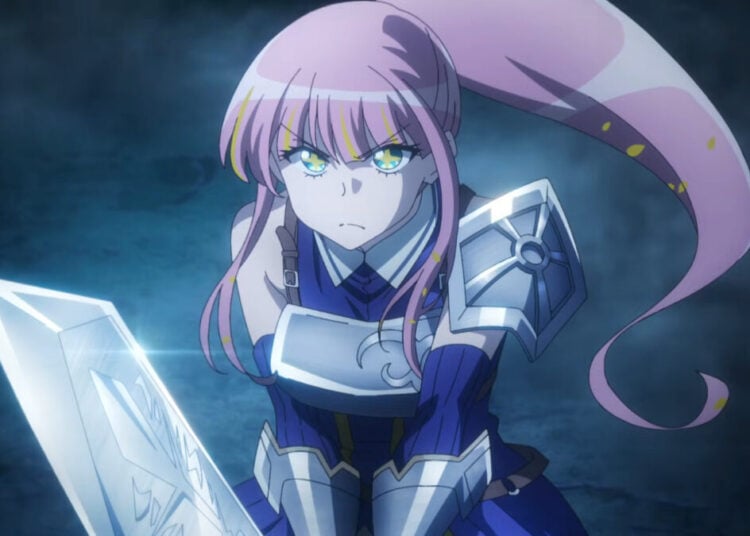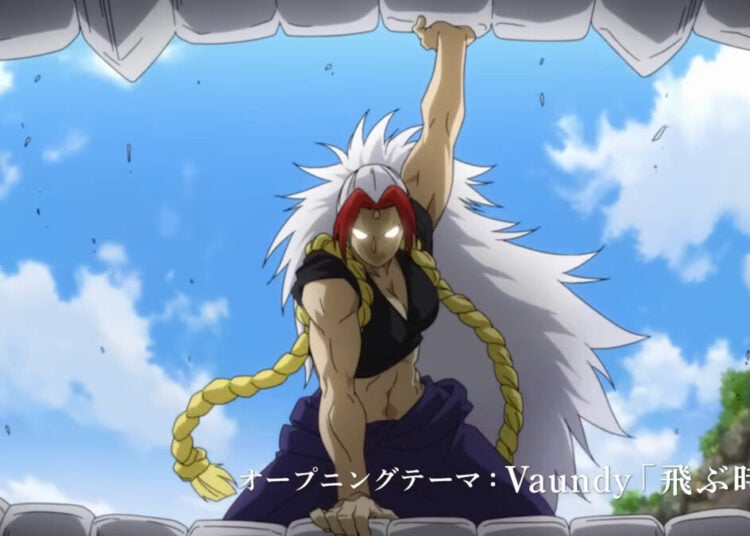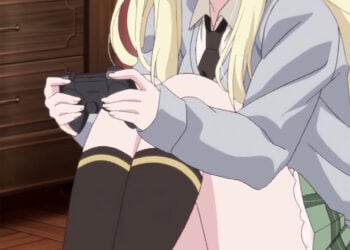May is a great time for a lot of people. The weather’s comfortable, families start to plan vacations, and kids are looking forward to events like prom and graduation. The last thing anyone is really thinking about is the coming school year. But whether you left school a long time ago and want an interesting way to spend a rainy vacation day, or you’re a student trying to get a head start on next year, do we have the resource for you!
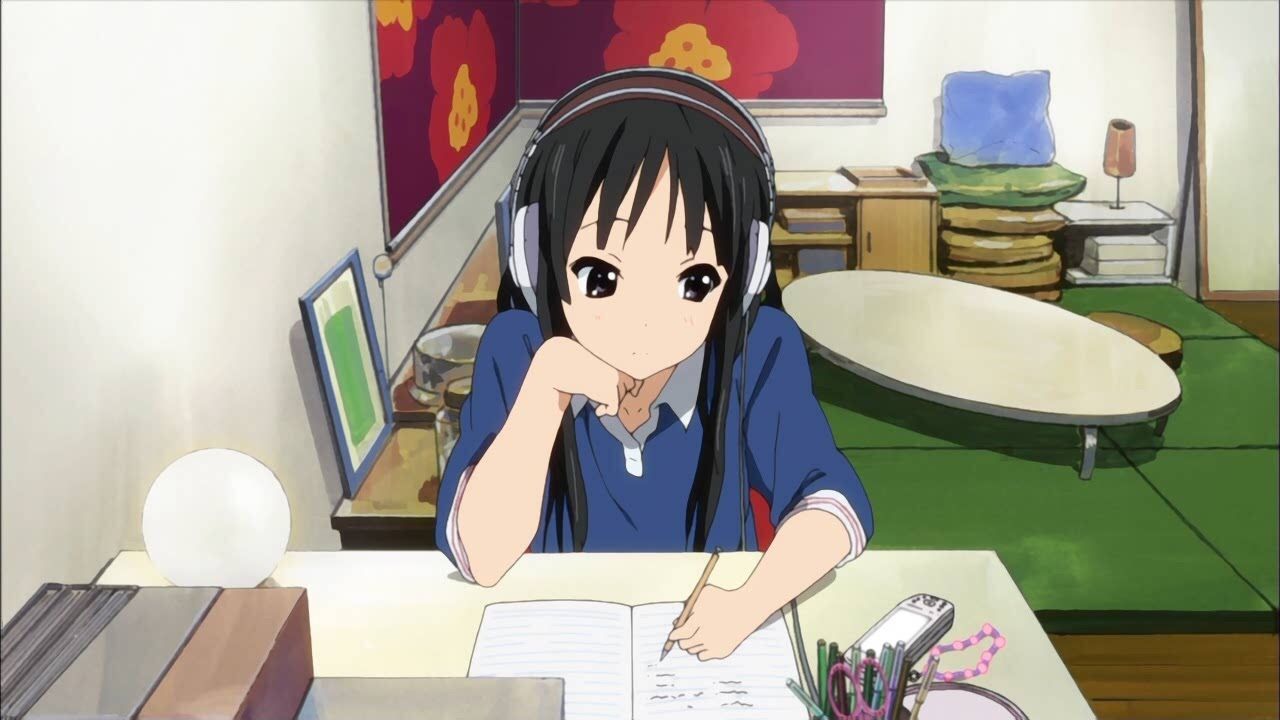
In March of this year, the Journal of Anime and Manga Studies (JAMS) announced that they’d be joining the Directory of Open Access Journals (DOAJ). The Directory of Open Access Journals is a nonprofit working to make academic journals more accessible. Created in 2003, the site now hosts over 17,500 international articles in a variety of languages. The mission statement of JAMS is as follows:
The Journal of Anime and Manga Studies (JAMS) is dedicated to the scholarly analysis of anime, manga, cosplay, and the fandom surrounding these areas for researchers and those interested in anime and its culture. As an open access journal, JAMS aims to reach an audience of scholars both inside and outside the academe, encouraging public engagement through the digital humanities.
JAMS hopes to forge connections with anime fans, scholars, and higher education.
The journal currently has seventeen articles in publication, but each article honestly manages to be more interesting than the last with titles like, To Live is to Devour Others: Food Ethics and Tragedy in Tokyo Ghoul and Haunted Psychologies: The Specter of Postmodern Trauma in Bakemonogatari.
Though academia and anime don’t always mesh, both the Journal of Anime and Manga Studies and the Directory of Open Access Journals are incredibly useful resources, especially for those in higher education, where access to academic journals is often blocked through paywalls.
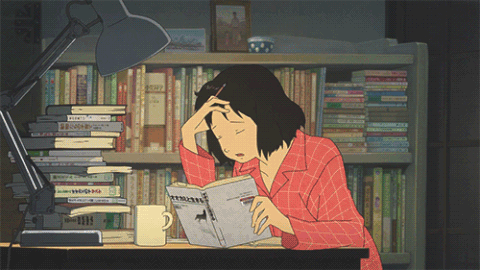
And even if you’re not busy trying to write a research paper, it’ll definitely have you looking at your favorite series in a different light. If you’re interested in other scholarly articles on anime, then check out this article from the Psychotherapy and Counseling Journal of Australia (PACJA) on how talking about Naruto can help therapists engage with their clients.
Source: Anime News Network


